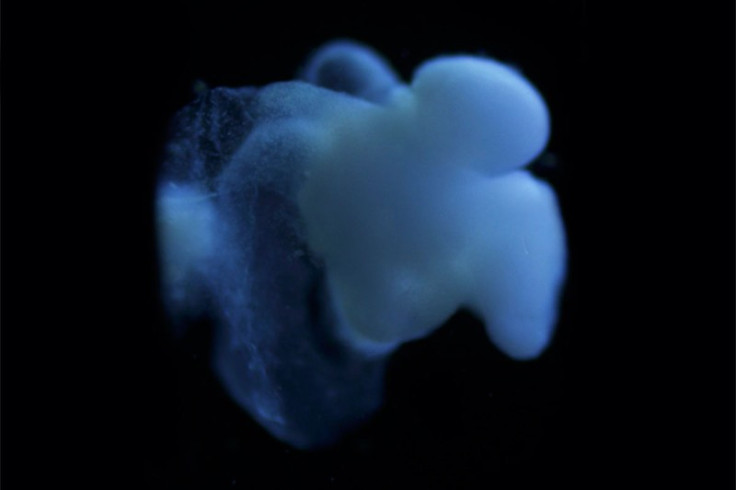Scientists implant 'human brain' into minds of rats and mice, sparking Frankenstein rodent fears
Critics have pointed out that such experiments may one-day lead to the animals developing enhanced consciousness.

Researchers have implanted human brain tissue into the minds of rats and mice, according to two recent studies, sparking an ethical debate among scientists.
While it is unlikely that the animals are going to start thinking like us any time soon, critics have pointed out that such experiments could one day lead to them developing some form of enhanced consciousness – which would raise unforeseen ethical issues.
The human brain tissues in question are known as organoids – small clumps of cells which are essentially miniaturised, simplified versions of an organ produced in test tubes to mimic certain aspects of the real thing. Currently, these organoids – which are produced from stem cells – pulse with electrical activity and can grow new neurons.
Even the most complex organoids do not come anywhere close to 'thinking', however, Hongjun Song from the University of Pennsylvania believes this is a possibility that we should be discussing, according to Stat magazine.
The latest research suggests that the organoids are able to integrate successfully into animal brains, meaning that, in future, the human tissue could significantly affect the way they think.
Organoids are revolutionising research on human brain development and neurodegenerative diseases, such as Alzheimer's, but as scientists rush to make them more complex to better mimic conditions in the brain, more organoids will need to be implanted into test animals. Every time you add more organoids to an animal's brain, the more human it becomes, some researchers say.
"At some future point, it could be that what you've built is entitled to some kind of respect," Hank Greely, a bioethicist from Stanford, told Stat.
Josephine Johnston, from The Hastings Center in New York, added: "It brings up some pretty interesting questions about what allows us, ethically, to do research on mice in the first place – namely, that they're not human. If we give them human cerebral organoids, what does that do to their intelligence, their level of consciousness, even their species identity?"
The new studies will be presented at the annual meeting of the Society of Neuroscience in Washington D.C. later this week.





